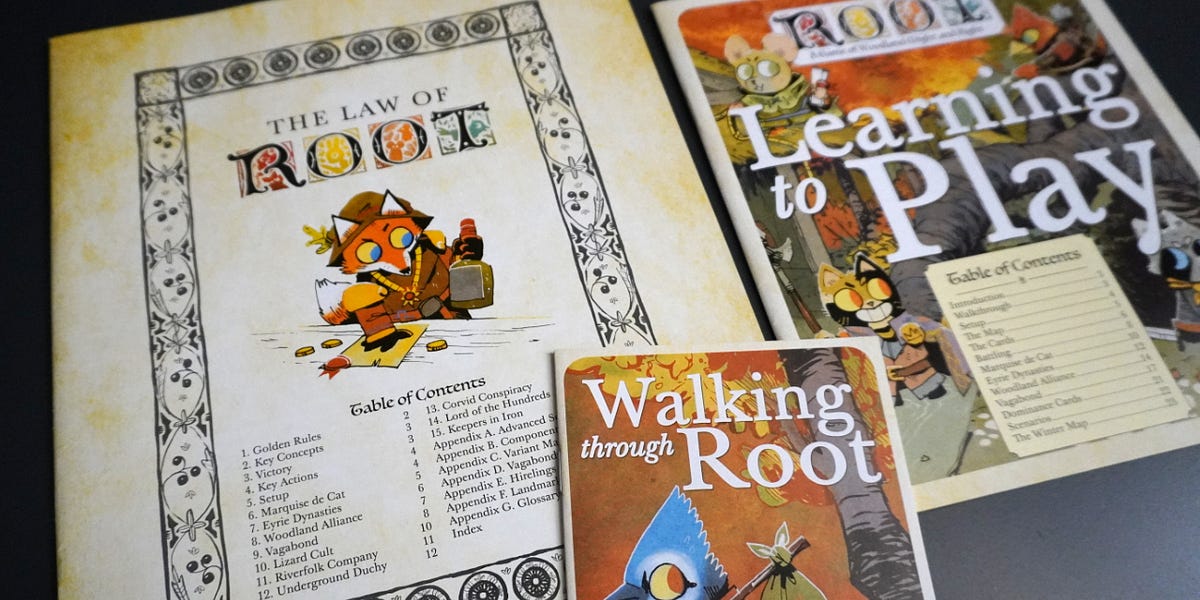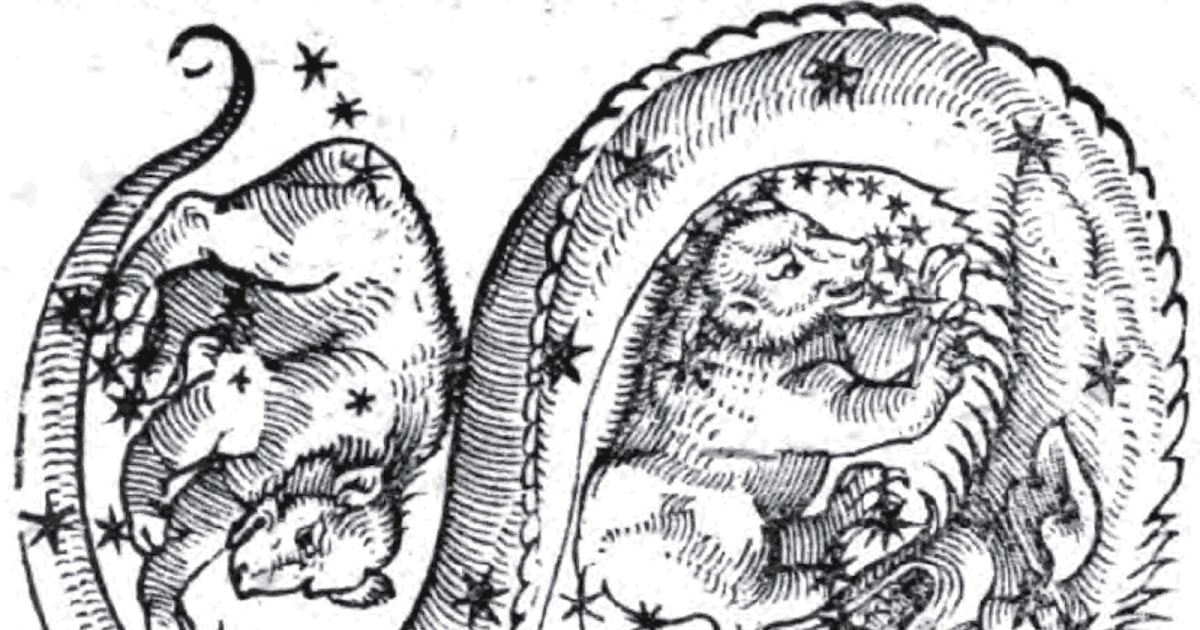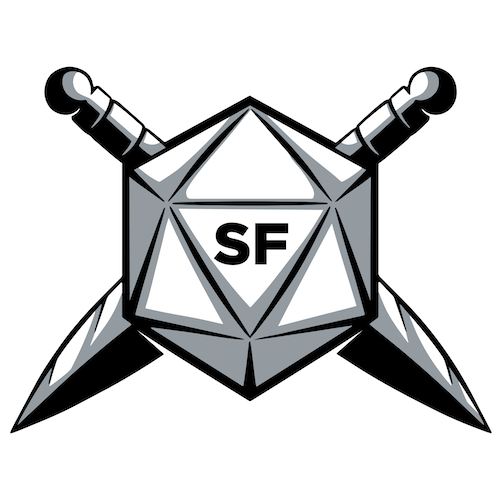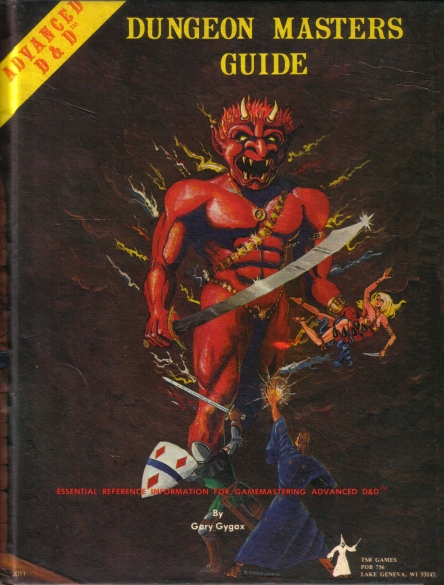SMOOSH JUICE
Embedding Lore in your Classes
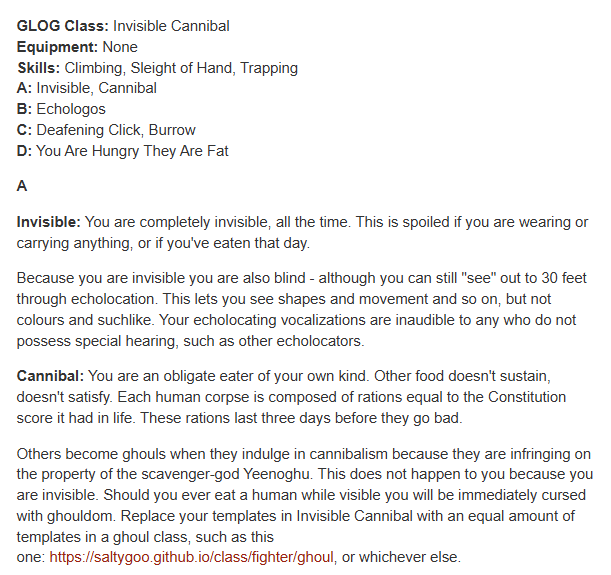
A while back, I wrote about the tensions between wanting no homework and settings with rich lore (and some potential solutions). Today, I’ll write about another solution: embedding your lore into your classes.
Brief summary of the problem I’m trying to solve
There is fun to be had when everybody at the table deeply understands the setting and the lore. Getting mastery of these elements requires solo prep time and can be pretty boring; contradictory to the purpose of roleplaying, which is getting together with your friends to have fun.
People have come up with different solutions to this problem. One often cited one is collaborative worldbuilding. You and your friends come up with the lore together, thus moving it from solo and boring back into the core premise.
Creativity is fun. But it’s not the fun of discovery.
Discovery requires prep. The more you want to have the feeling of exploration at the table, the more your prep must adhere to blorb principles.
Embed Lore Everywhere
The point of my Dark Souls-esque Worldbuilding post (referenced above) is that you can embed lore into unlikely places, like your equipment lists.
To build on that, you can embed lore everywhere. In this way, you feed the lore of your setting to your players like feeding your dog a pill wrapped in a piece of bologna.
Embed Lore in your Classes
One strong way to embed lore is to put it into your classes.
Players love reading classes. They love imagining characters. They love seeing powers and abilities.
If your game comes with a setting and isn’t a generic game, this is a huge opportunity for you. And not having weird ass classes is a missed opportunity.
A fighter is boring. Even something like a druid or a bard is boring at this point.
A sword-lord just sounds cooler. And gives you an opportunity to talk about how sword-lords fit into the social structures of your setting.
+++
Sidebar
One of D&D’s weirdest features at this point is its half embedded setting and half generic. Half of the game begs you to think about your warlock’s patron, revoke your paladin’s powers for breaking their oath, consider the organization of druids. The other asks you to consider each class as a bundle of mechanics with no representation: do you want to make a clumsy oaf who blunders their way into success? Just use monk stats, it doesn’t mean anything. The tension in the contrast between these two points is a huge weakness in the game.
+++
GLoG classes are cool and easy to make. People like making them because its pretty easy to think about a class’s essential gimmick as four chunks of mechanics.
One of the things I noticed about GLoG classes is that people are embedding some essential setting elements in the template A of a class. I think this is great (this is what gave me the idea for this post). For example, for a Princess class, you might add a template ability called Noble that says “You’re a member of the nobility. Everyone treats you with respect. Also, you’re worth more alive than dead. You’ll be ransomed instead of killed, if possible.”
These abilities might be called “Ribbon abilities” in 5E. They don’t have a lot of crunch, but they’re fun to have.
You might ask: Shouldn’t roleplaying and GM fiat just add these? (Yes, and…) Are these abilities really necessary? (Yes! They’re the difference between a monk being someone who studies the Way of the Iron Palm versus a lucky oaf flavored with monk character abilities.)
And, crucially, they’re a really good opportunity to hide nuggets of lore into the actual text of your game in a way that’s fun to consume and easy to remember.
Joesky Tax: False Shepherd
Here’s an example class to further show how you might go about this:
When the signs were right – the daystar burned in the sky, the lambs gave forth bloody young, the olive trees bloomed in winter, the dead sang hymns of welcome – everyone knew the Shepherd was soon at hand. The Wheel of Fortune spun out many would-be Shepherds in those days, doling out many miracles in anticipation of his coming.
There was a Conclave. All the would-be Shepherds gathered and discussed among themselves who amongst them would be most worthy. All then beheld the True Shepherd, and knew him, and rejoiced.
You were one of the False Shepherds. Perhaps you even believed in yourself, at that time. But now there’s no doubt. Yet, you still have your miracles.
Start with: hair shirt, shepherd’s crook, and a musical instrument (pan pipes, a lyre, or a horn)
A – Penance of Humility, Gesture of the Wheel
B – Signs and Wonders
C – Prophecy
D – Minor Sainthood
Penance of Humility
You were ordered to renounce the world by the true Shepherd. You are forbidden from carrying money as penance for your false claim.
When you beg for charity, make a reaction roll; on favorable result, you get food, shelter, and reasonable aid.
Gain +1 to all reaction rolls; people remember how you served the land when you falsely proclaimed.
Gesture of the Wheel
The Wheel of Fortune weaves as it will, but you are at a confluence of threads–important to fate.
Once per session for each False Shepherd template you have, you may reroll any dice.
Signs and Wonders
Once per session for each False Shepherd template you have, you may invoke a Sign and Wonder. Once a Sign and Wonder has been used, you cannot use the same one again until you go to a conclave and confess.
1. Gesture of Command
You can issue a one-word command to anything the Creator made (except for humans, who have free will). Nature will obey implicitly: trees will fruit, rain will fall, embers will kindle into a blaze. Creatures like angels and demons and undead are allowed a save. If the command lasts more than a single round, the target gets a new save at the beginning of each of its rounds.
2. Song of Reincarnation
Used at funerals. A dead body will sing the praises of the Creator, then the Wheel will accept their soul. They will enter the cycle of reincarnation. This deals 2d6 damage to a corporeal undead.
3. Miracle of the Moving Moon
The Wheel turns. You may select a different time of day, different position of the heavens, and different time of year. For the next day, the world exists in this new time. The flow of time is restored at the dawning of the next day.
4. Gesture of Learning
You are given a memory of a past life. Ask a question of the GM. 50% that your past life knows a relevant and true answer.
5. Miracle of the Maker
A natural feature, such as a standing stone, old pine tree, or hillside will be spontaneously carved into the shape of a religious icon. This effect is permanent. Sleeping at this site heals an additional +1 hp.
6. Miracle of the Burning Building
When you use this Sign, remove one worldly impediment from one target:
- The need of food for one day
- Pain from fire or cold
- Exhaustion from toil in the sun
- The drowning of waters
This miracle will only benefit those who have never taken an innocent life.
7. Gesture of the Thunderbolt
The Creator will throw a thunderbolt at your behest. 2d6 damage to anyone visible to the open sky, the target can save for half.
Prophecy
You have one prophecy inside you. This is what the Wheel wove you for.
You can feel the prophecy in the back of your throat. When you choose to let it out, it’s as if someone else is speaking through your mouth. Something everyone intuitively understands is true.
A prophecy has this format:
This will come to pass: ________________________ (anything you want to happen)
When ________________________ (condition spoken by the GM)
You will say the first part of the prophecy, and the GM will stipulate the second. For your section, you can say anything that you want to happen in your game world: the king will be reborn, the evil empire will fall, the broken sword will be remade. The GM also has free range to impose difficult conditions that are necessary to achieve this.
By achieving template C, your prophecy will be spoken. If you die before you have a chance to utter it, it will issue forth from your corpse.
Minor Sainthood
You gain 1 MD and learn one magic spell from the Elementalist spell list. You can cast this spell intuitively as a miracle. Your MD is a d4.
You no longer need to confess your sins to re-invoke a certain Sign and Wonder.
If and when you die, your body will be uncorrupted and never rot. Your spirit will ascend to Heaven. The site of your grave will become a holy site, and your miracle will manifest here upon occasion.
By the way: Knock! #5 is now crowdfunding
While I have you, I wanted to mention that Knock #5 is currently on Kickstarter! Knock! is that hoary and honored old mainstay of OSR theorycraft and gameability: a bric-a-brac of adventure gaming for the true grognard connoisseur and curious D&D-heads alike.
We have surpassed 1158% of our funding goals! If you haven’t backed yet, do so now! You don’t want to miss this addition to your adventure gaming shelf.




